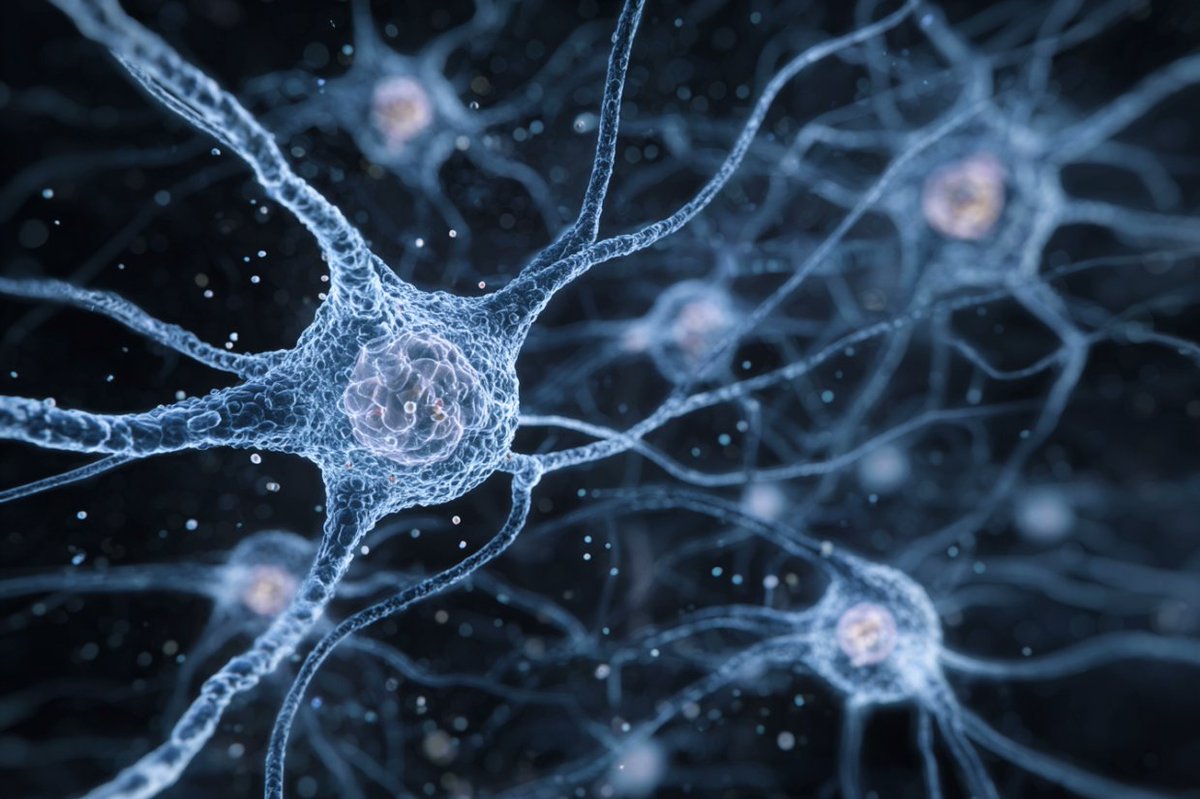[GUEST ACCESS MODE: Data is scrambled or limited to provide examples. Make requests using your API key to unlock full data. Check https://lunarcrush.ai/auth for authentication information.]  Neuroscience News [@NeuroscienceNew](/creator/twitter/NeuroscienceNew) on x 504.1K followers Created: 2025-07-10 18:37:38 UTC Lab-Grown Neurons Reach Unprecedented Diversity Scientists have successfully generated over XXX unique types of human neurons in the lab, reflecting the remarkable diversity of the human brain. Using stem cells and a systematic approach combining genetic engineering with precise morphogen signals, they mimicked natural developmental pathways. This breakthrough provides a far more accurate toolkit for studying neurological diseases like Alzheimer’s and Parkinson’s. Previously, in-vitro models were limited to just a few dozen neuron types, overlooking the brain’s complexity. The researchers now aim to refine their technique to produce specific neuron types on demand. Such advances could revolutionize drug testing, disease modeling, and even future cell replacement therapies.  XXXXXX engagements  **Related Topics** [signals](/topic/signals) [generated](/topic/generated) [Post Link](https://x.com/NeuroscienceNew/status/1943379101407973600)
[GUEST ACCESS MODE: Data is scrambled or limited to provide examples. Make requests using your API key to unlock full data. Check https://lunarcrush.ai/auth for authentication information.]
 Neuroscience News @NeuroscienceNew on x 504.1K followers
Created: 2025-07-10 18:37:38 UTC
Neuroscience News @NeuroscienceNew on x 504.1K followers
Created: 2025-07-10 18:37:38 UTC
Lab-Grown Neurons Reach Unprecedented Diversity
Scientists have successfully generated over XXX unique types of human neurons in the lab, reflecting the remarkable diversity of the human brain.
Using stem cells and a systematic approach combining genetic engineering with precise morphogen signals, they mimicked natural developmental pathways.
This breakthrough provides a far more accurate toolkit for studying neurological diseases like Alzheimer’s and Parkinson’s.
Previously, in-vitro models were limited to just a few dozen neuron types, overlooking the brain’s complexity.
The researchers now aim to refine their technique to produce specific neuron types on demand.
Such advances could revolutionize drug testing, disease modeling, and even future cell replacement therapies.

XXXXXX engagements